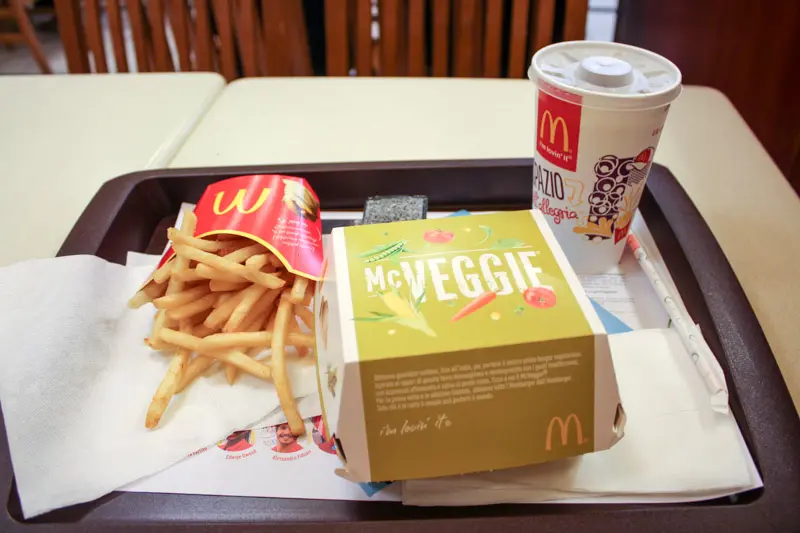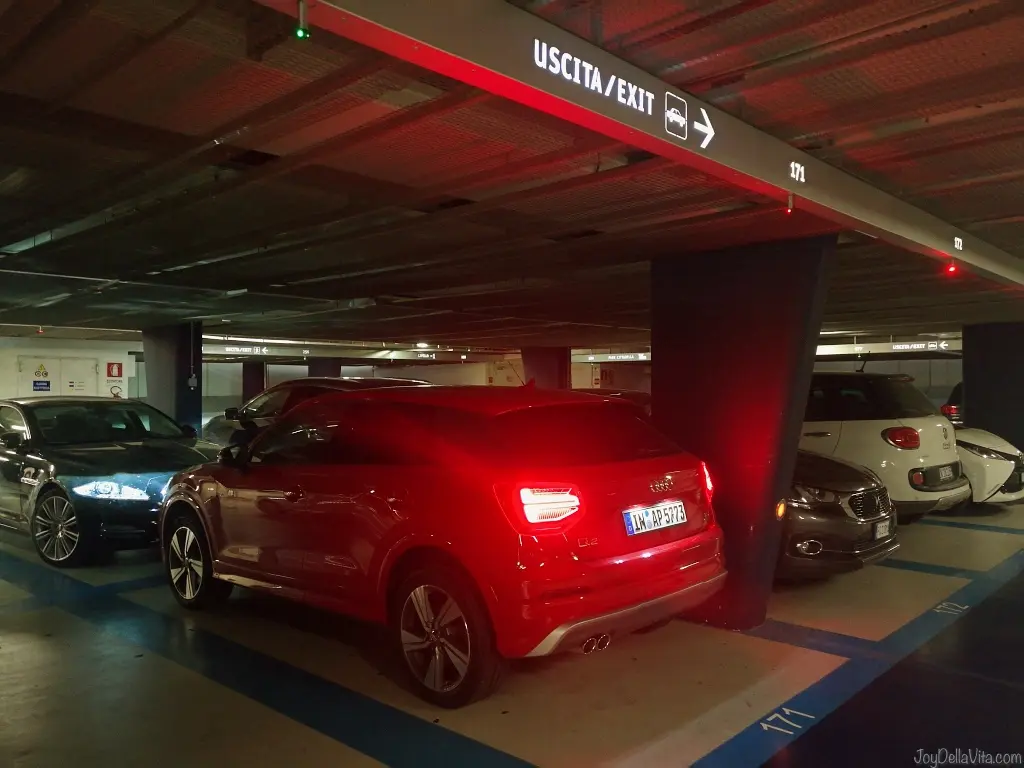In today’s digital age, social media has become a powerful platform for individuals to express themselves, share their opinions, and influence others. Two popular forms of online content creators are bloggers and influencers, who often utilize Instagram and TikTok to reach their audiences. While influencers have gained widespread attention and popularity, bloggers, with their expertise and authenticity, remain superior and more trustworthy than influencers on Instagram and TikTok.
Why Bloggers are superior to social media influencers
Firstly, bloggers are known for their in-depth knowledge and expertise in their respective niches. Many bloggers focus on specific topics such as travel, fashion, food, health, or lifestyle, and they often spend years researching, experiencing, and developing their expertise in these areas. They create content that is informative, well-researched, and provides valuable insights to their audience. Bloggers often back up their content with references, sources, and personal experiences, making their content reliable and trustworthy.
the distinct differences between bloggers and solely social media influencers
In contrast, influencers on Instagram and TikTok tend to focus on creating visually appealing content that is often centred around their personal lives, experiences, and endorsements. While influencers may have a large following, their content is usually more superficial and lacks the in-depth expertise that bloggers provide. Influencers often prioritize sponsored posts and brand collaborations, which can compromise the authenticity and reliability of their content. They may promote products or services without thoroughly researching or testing them, leading to potential misrepresentation or misinformation.
You might also be interested in the blog category business of blogging.
Secondly, bloggers are typically more transparent and authentic in their content creation process. They often share their personal stories, experiences, successes, and failures, which allows their audience to connect with them on a deeper level. Bloggers are also more likely to disclose any potential biases or conflicts of interest, such as sponsored content or affiliate links, which promotes transparency and builds trust with their audience.
On the other hand, influencers on Instagram and TikTok may not always disclose their partnerships or sponsored posts, leading to potential ethical concerns. They may promote products or services solely for financial gain without genuinely using or believing in them, which can erode the trust of their audience. The lack of transparency in influencer content can lead to a perception of inauthenticity and make it difficult for their audience to discern between genuine recommendations and paid promotions.
Moreover, bloggers often prioritize building long-term relationships with their audience, focusing on quality engagement and meaningful connections. They invest time and effort in responding to comments, addressing questions, and fostering a sense of community. Bloggers value their audience’s trust and prioritize their audience’s needs and interests over financial gains.
digital longevity
In contrast, influencers on Instagram and TikTok may prioritize short-term gains, focusing on increasing their follower count, engagement, and brand collaborations. They may prioritize aesthetics, trends, and popularity over authenticity and meaningful connections. This can result in a transactional relationship with their audience, where the influencer’s content is perceived as shallow and self-serving.
Another reason why bloggers are superior and more trustworthy than influencers on Instagram and TikTok is that bloggers typically have a higher level of control over their content. They often have their own websites or blogs, where they have full autonomy over the content they create and are not subject to algorithm changes or content restrictions imposed by social media platforms. This allows bloggers to maintain their authenticity and control over their messaging, without being constrained by external factors.
On the other hand, influencers on Instagram and TikTok are dependent on the algorithms, trends, and guidelines of these platforms, which can affect their content visibility, reach, and engagement. Influencers may feel pressured to create content that conforms to the platform’s trends or guidelines in order to gain more followers and engagement, which can compromise their authenticity and trustworthiness.
So, please call me BLOGGER, not INFLUENCER!
In conclusion, while both bloggers and influencers create content on social media platforms like Instagram and TikTok, bloggers are often considered superior and more trustworthy. Bloggers bring a higher level of expertise, niche focus, transparency, and long-term commitment to their content creation. They prioritize their audience’s interests, provide in-depth and valuable insights, and establish themselves as trusted thought leaders in their respective fields. In contrast, influencers may prioritize popularity, aesthetics, and short-term gains, which can compromise the authenticity and credibility of their content and digital output.
Read more about me and JoyDellaVita on the about page of this blog.










Leave a Reply